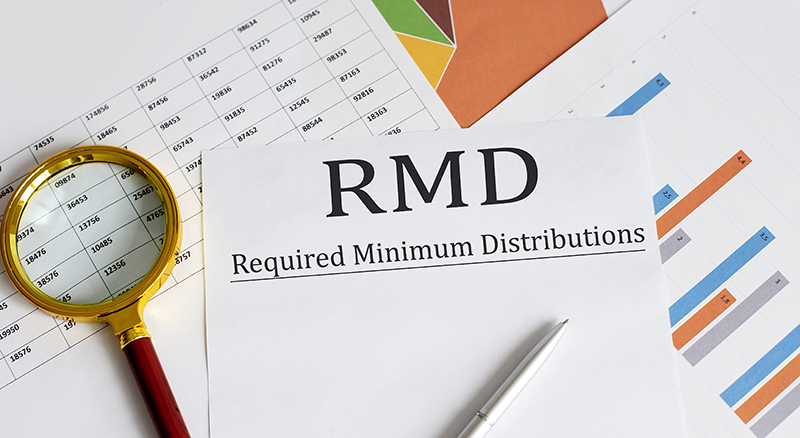Don’t Forget to Take Your RMDs
December 01, 2014 by Karen Reed, EA
When you reach a certain age the government requires that you withdraw money every year from many of your pre-tax retirement accounts, such as traditional IRAs and 401ks. When you are 70 ½ or older, you need to “take” your “required minimum distributions,” otherwise known as “RMDs,” each year before December 31st. Think of it as a vitamin that you need to take once a year to keep yourself healthy (and out of trouble with the IRS) with regard to your retirement accounts.
The general idea behind a retirement account is to allow your money to grow tax free until such time as you are perhaps in a lower tax bracket than you were when you were working. The RMD ensures that taxes are eventually paid on the funds.
If you reached 70 ½ this year, a special rule applies, which allows you to take the RMD by April first of next year. If you choose this option you will be required to take two RMDs in 2015, the first RMD would be for 2014 and the second would be for 2015.





